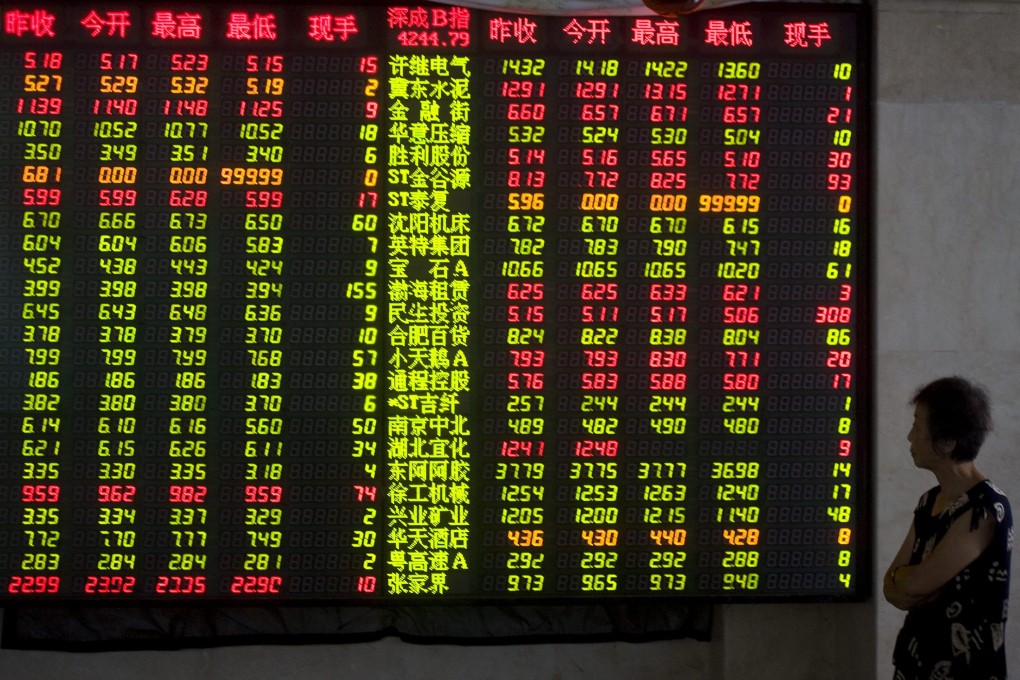Update | China’s Shanghai and Shenzhen markets down midsession on profit-taking; Hong Kong off
Shanghai Index hits 5,000 points for first time in seven years in early rally, ten backs off

Chinese shares slipped into the red by the midday break on Friday after an early rally ran into waves of profit-taking, while the weak performance of Wall Street depressed sentiment and led Hong Kong into negative territory.
The Shanghai Composite Index eased 0.12 per cent to 4,941.01 points by midsession, having earlier risen above the 5,000 point level for the first time in seven years.
The Shenzhen Composite Index declined 0.06 per cent to 3,021.92 points.
Hong Kong’s Hang Seng Index dropped 0.88 per cent or 242.21 points to 27,309.68 points by noon, while the Hang Seng H-shares Index plunged 1.84 per cent or 260.33 points to 13,866.68 points.
“When the Shanghai Composite Index rose above 5,000 points, there was a sell-off to take profits. As the market cannot hold above 5,000, it was natural to take (money off the table),” said Louis Wong, a director of Phillip Capital Management (HK).
One reason for the initial strong surge in mainland Chinese markets was follow-through momentum from the previous session’s strong performance when Shanghai closed up 0.76 per cent after enduring a fall of 5.3 per cent during Thursday’s trade, he said.